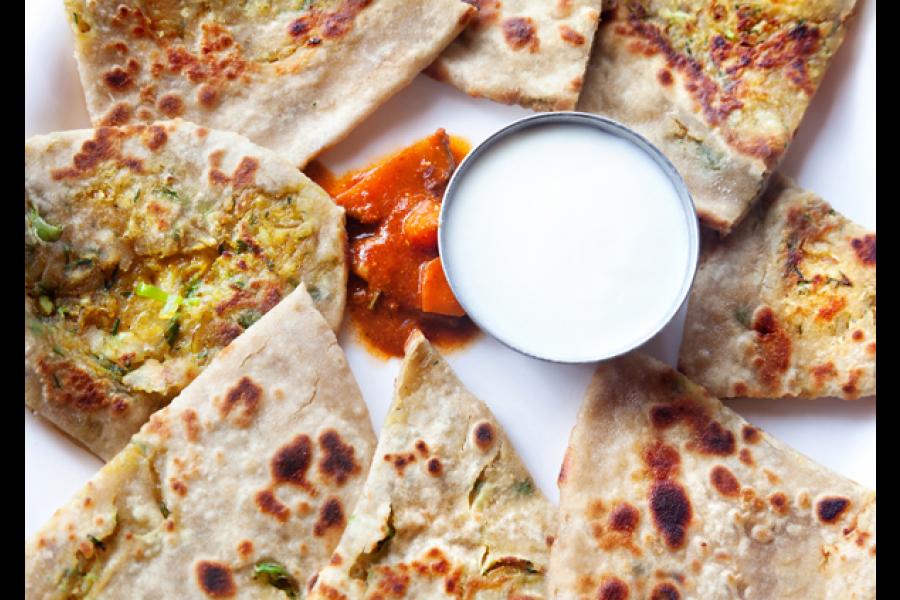Hard idlis and flat dhoklas... why breakfast is a nightmare for some
Food companies have a great opportunity at hand as women are willing to embrace modern solutions to make cooking a pleasant experience
Image: Shutterstock
Like most women in India, Vidya is a proud kitchen manager and prefers to do all her cooking from scratch. Though she holds a full-time job as the head of administration in a mid-sized concern in Mumbai and works almost 10 hours a day, she still likes to do things her way in the kitchen. With a little help from her maid, of course. Her family comprising her husband, who works as a manager in another firm, 10-year-old son and eight-year-old daughter, are used to home-cooked meals. Sunday mornings are reserved for idli dosa. “The only problem,” confesses Vidya “is that sometimes the batter just doesn’t turn out the way it should. And then breakfast is a nightmare.”
Her solution? She discovered that one of the stores in her neighbourhood stocks idli batter. “I don’t know how they do it, but the idlis are always fluffy when I use that batter. Now even when I have parties, I buy the batter from the shop. I’m not sure about its quality, though. I wish some large company would make it.” By large, Vidya means the organised sector.
Idli batter is one of Vidya’s pet peeves in the kitchen. Are there any others? “Dahi,” she responds decisively. “Especially in the winter! At least once a week, I wake up to find that it hasn’t set. And sometimes it is too sour or too watery. I’ve started buying packaged dahi. Of course it’s more expensive than making it at home, but have you seen the quality? And its uniformity makes it perfect for every recipe.”
So why can’t Vidya simply buy idlis from the kirana store? That’s a big no. She doesn’t wish to outsource her kitchen, merely some parts of it. She wants to make idlis ‘from scratch’ except that now the definition of ‘scratch’ has modified a bit.
Are there other items in the kitchen that are amenable to a redefinition of ‘scratch’? If idlis can be made from readymade batter and still be called ‘homemade’, what about chapatis? There are very few women in India who would accept the concept of readymade chapatis. But what if they could buy packaged rolled chapatis that still need to be cooked on the tava? As any maker of chapatis will certify, dough-kneading and rolling is a laborious, messy and uncertain component of chapati making. Take this task away from the kitchen manager and the rest becomes a fairly simple operation. In most households in middle-class India, kneading dough is outsourced to the help, but it’s a category that’s ripe for modernisation. In one stroke, the supplier can resolve the complexity of flour procurement, storage and actual preparation.
While Vidya is still able to manage the chapatis in her life, making chana on demand defeats her completely. “My kids love chana, but it’s something I have to think about at least 12 hours in advance. I wish I could buy soaked chana/rajma from the shop. I wish I had the freedom to make it whenever I liked. Now I either don’t make it if I don’t think of it in advance or once I soak it, I can’t change my mind.”
It is really worthwhile to consider these desires, especially now that the Vidyas of urban India are more than ready to embrace modern-day solutions to get rid of their everyday nightmares. There are two solid reasons why food companies should consider these areas:
1. Idli batter, ready yoghurt, pre-rolled chapattis and pre-soaked or sprouted chole are solutions to the needs of urban women. Even a back of envelope estimate says Vidya would spend three times more on these items than what she usually spends on all existing processed food (biscuits, noodles, cornflakes, ketchup, pasta, ice creams…) put together in a month.
2. These solutions do not need any food habit change whatsoever. Families love their idlis, fresh chapattis, chole, usal and thick dahi. We’ll just be helping the home manager serve them easier and in a more consistent manner, without the current hassles. That surely should be easier to sell than teaching people to develop a taste and liking for pasta, fajita or ragi biscuits!
I smell a big opportunity whose time has come. So far, Vidya would fight this kind of change in the centre of plate food for her family. Now increasingly, she is more confident, more trusting of brands and is learning to pay a premium for such solutions. She also half expects her modern supermarkets to do something about it in 2015. I’m sure there are some smart engineers there, who can give us pre-rolled chapattis that puff into fresh phulkas on the tava. I’m sure families will love it if they don’t have to eat mom’s mistakes–hard idlis or flat dhoklas.
Will some of Vidya’s wishes be granted in 2015? We, at Reliance Fresh, and me as a SupermarketWala will work hard to find solutions and reach them to her conveniently. In the process, if the size of the organised food industry also doubles, everyone will have a happy 2015, 2016 and forever!
The thoughts and opinions shared here are of the author.
Check out our end of season subscription discounts with a Moneycontrol pro subscription absolutely free. Use code EOSO2021. Click here for details.

